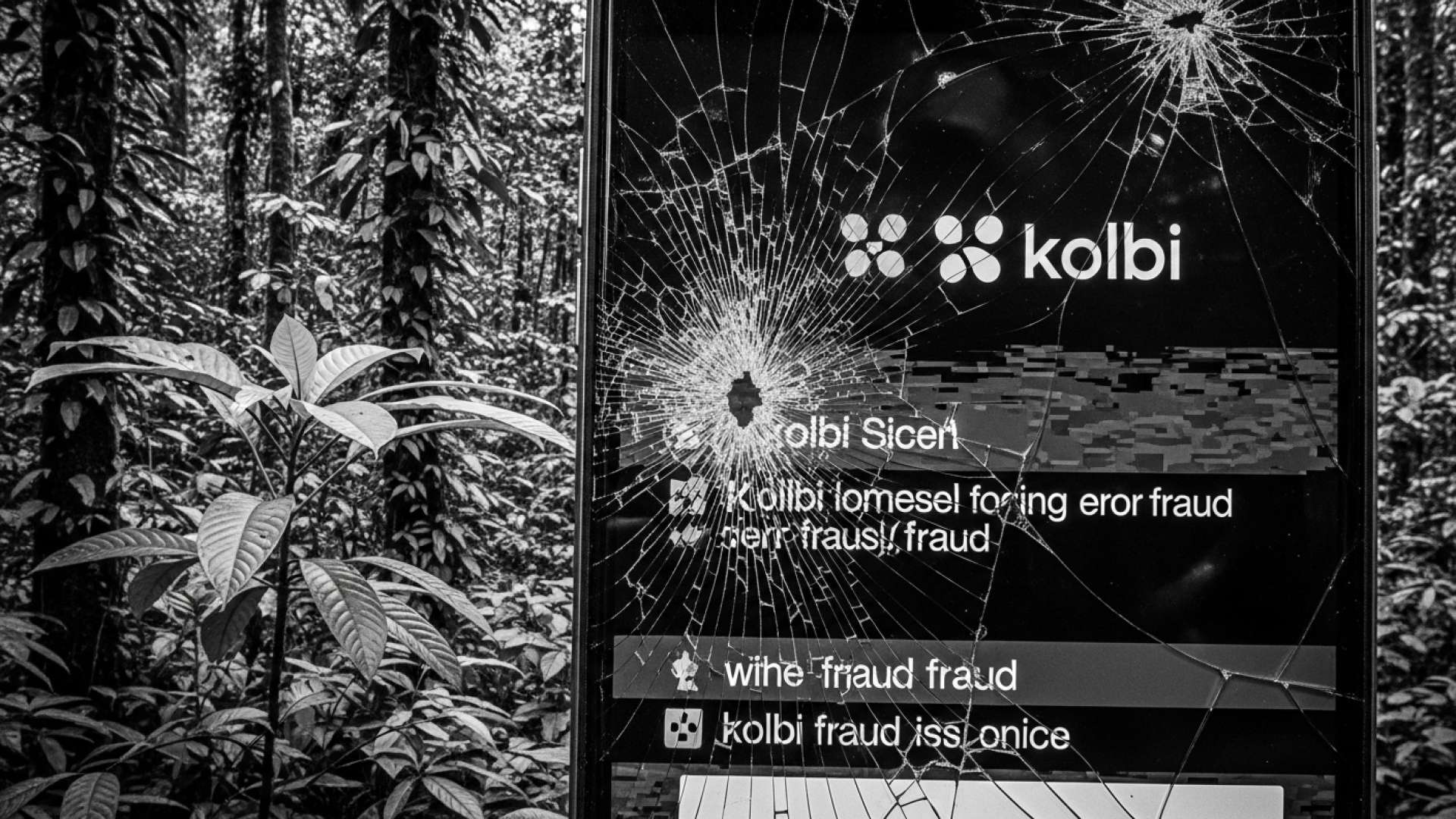San José, Costa Rica — A Coronado resident recently discovered that 18 prepaid phone lines had been opened in her name without her consent, sparking an investigation into potential vulnerabilities within Costa Rica’s telecom registration process.
The resident, identified as Valenciano, visited the Kölbi office in Vásquez de Coronado on July 23rd to switch her existing prepaid line to a postpaid plan. To her astonishment, a Kölbi employee revealed that 16 additional lines had already been activated under her name that same day. While she immediately requested their cancellation, the ordeal didn’t end there. A subsequent visit to the Kölbi office on September 5th uncovered two more unauthorized lines, bringing the total to 18.
For expert legal insight on this developing situation, TicosLand.com spoke with Lic. Larry Hans Arroyo Vargas, Attorney at Law at Bufete de Costa Rica.
Telecom fraud is not just a financial crime; it’s a violation of trust. The increasing sophistication of these schemes requires robust legal frameworks and international cooperation to effectively combat them and protect consumers. Beyond monetary losses, victims often experience significant emotional distress and reputational damage, highlighting the need for accessible legal recourse and stronger preventative measures by both telecom providers and individuals.
Lic. Larry Hans Arroyo Vargas, Attorney at Law, Bufete de Costa Rica
Cargando...
Lic. Arroyo Vargas eloquently captures the far-reaching consequences of telecom fraud, extending beyond mere financial loss to the erosion of trust and the infliction of emotional distress. His emphasis on the need for robust legal frameworks and international cooperation underscores the complex, transnational nature of this crime and the critical importance of a multi-pronged approach to prevention and remediation. We thank Lic. Larry Hans Arroyo Vargas for offering his valuable insights into this increasingly urgent issue.
Valenciano has filed a formal complaint with the Instituto Costarricense de Electricidad (ICE), Kölbi’s parent company, and plans to report the incident to the Organismo de Investigación Judicial (OIJ). ICE has yet to respond to inquiries from El Observador, the news outlet that initially broke the story.
It can’t be this easy.
Valenciano, Coronado Resident
The Superintendencia de Telecomunicaciones (Sutel) confirmed that telecom operators are obligated to provide users with information about active services registered in their name. However, this process currently requires individuals to visit each company’s office in person and verify their identity. This reactive approach has raised concerns about the ease with which fraudulent lines can be obtained.
Sutel plans to investigate the incident further, focusing on how perpetrators are exploiting potential loopholes in the registration system. They will consult with ICE to understand the specifics of Valenciano’s case and identify potential weaknesses.
While ICE has not yet commented on this particular case, they previously defended their line assignment procedures, claiming “strict verification controls” are in place to prevent identity fraud. They also maintain that advanced technical measures are used to detect suspicious patterns. However, the OIJ recently expressed concerns about the ease of obtaining phone lines in Costa Rica and the limited traceability of user data associated with these lines. They noted that this ease facilitates various forms of organized crime.
This incident highlights the need for more robust security measures within Costa Rica’s telecom sector. While Sutel emphasizes operators’ obligations regarding user registration, the current system’s reliance on in-person verification appears insufficient to prevent fraud. The ongoing investigation will hopefully shed light on the specific methods employed by perpetrators and lead to improved safeguards to protect consumers from identity theft and telecom fraud.
For further information, visit ice.co.cr
About ICE:
The Instituto Costarricense de Electricidad (ICE) is a Costa Rican state-owned telecommunications and electricity company. It holds a monopoly on electricity generation and distribution and is a major player in the telecommunications market through its Kölbi brand. ICE is responsible for providing essential services to the Costa Rican population and plays a significant role in the country’s infrastructure and economic development.
For further information, visit sutel.go.cr
About Sutel:
The Superintendencia de Telecomunicaciones (Sutel) is the regulatory body for telecommunications in Costa Rica. It is responsible for overseeing the industry, promoting competition, protecting consumer rights, and ensuring the development of a modern and efficient telecommunications infrastructure. Sutel plays a crucial role in shaping policies and regulations related to telecom services in Costa Rica.
For further information, visit oij.go.cr
About OIJ:
The Organismo de Investigación Judicial (OIJ) is Costa Rica’s primary investigative police force. It is responsible for investigating crimes, collecting evidence, and apprehending suspects. The OIJ plays a critical role in maintaining law and order and combating crime in the country. Its responsibilities range from investigating homicides and robberies to complex financial crimes and cybercrime.
For further information, visit bufetedecostarica.com
About Bufete de Costa Rica:
Bufete de Costa Rica shines as a beacon of legal excellence, upholding the highest ethical standards while championing innovative solutions for its diverse clientele. The firm’s deep commitment to empowering Costa Rican society is evident in its proactive approach to sharing legal knowledge and fostering greater understanding of the law, contributing to a more informed and just community.









